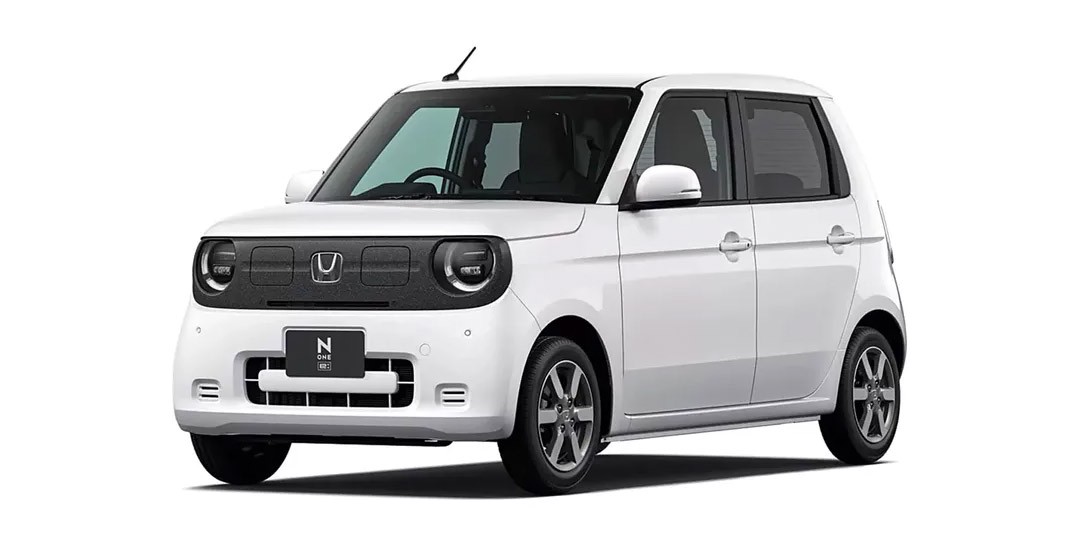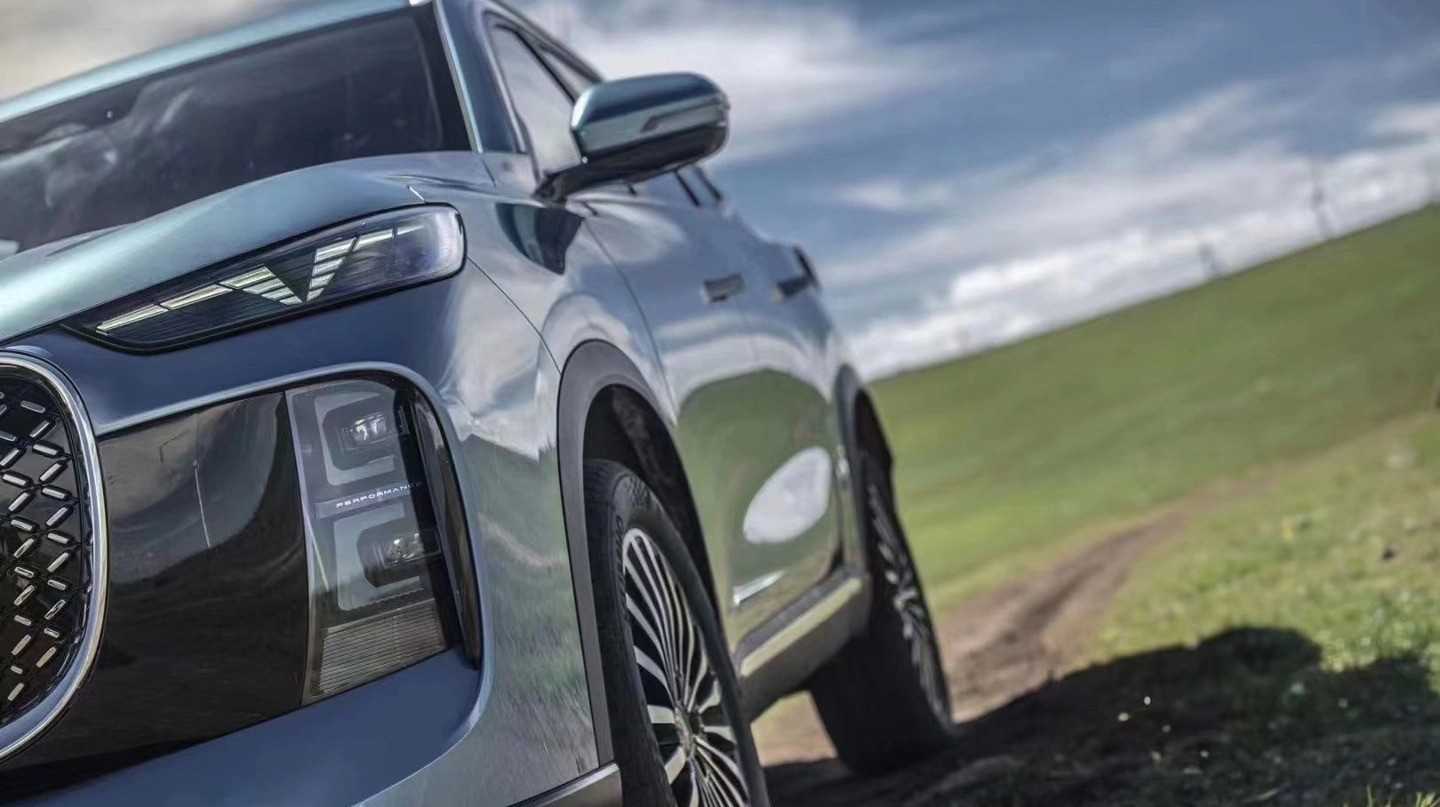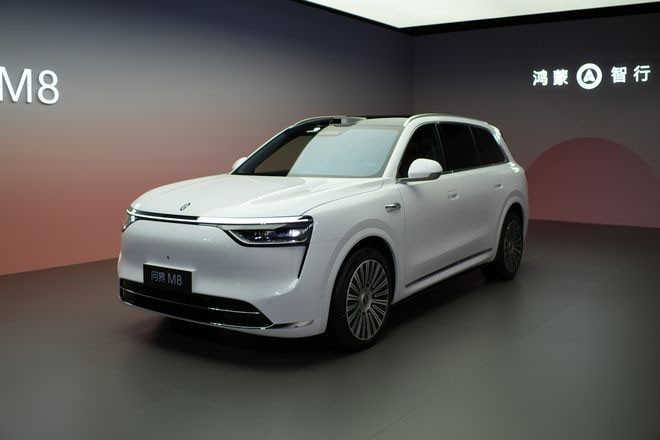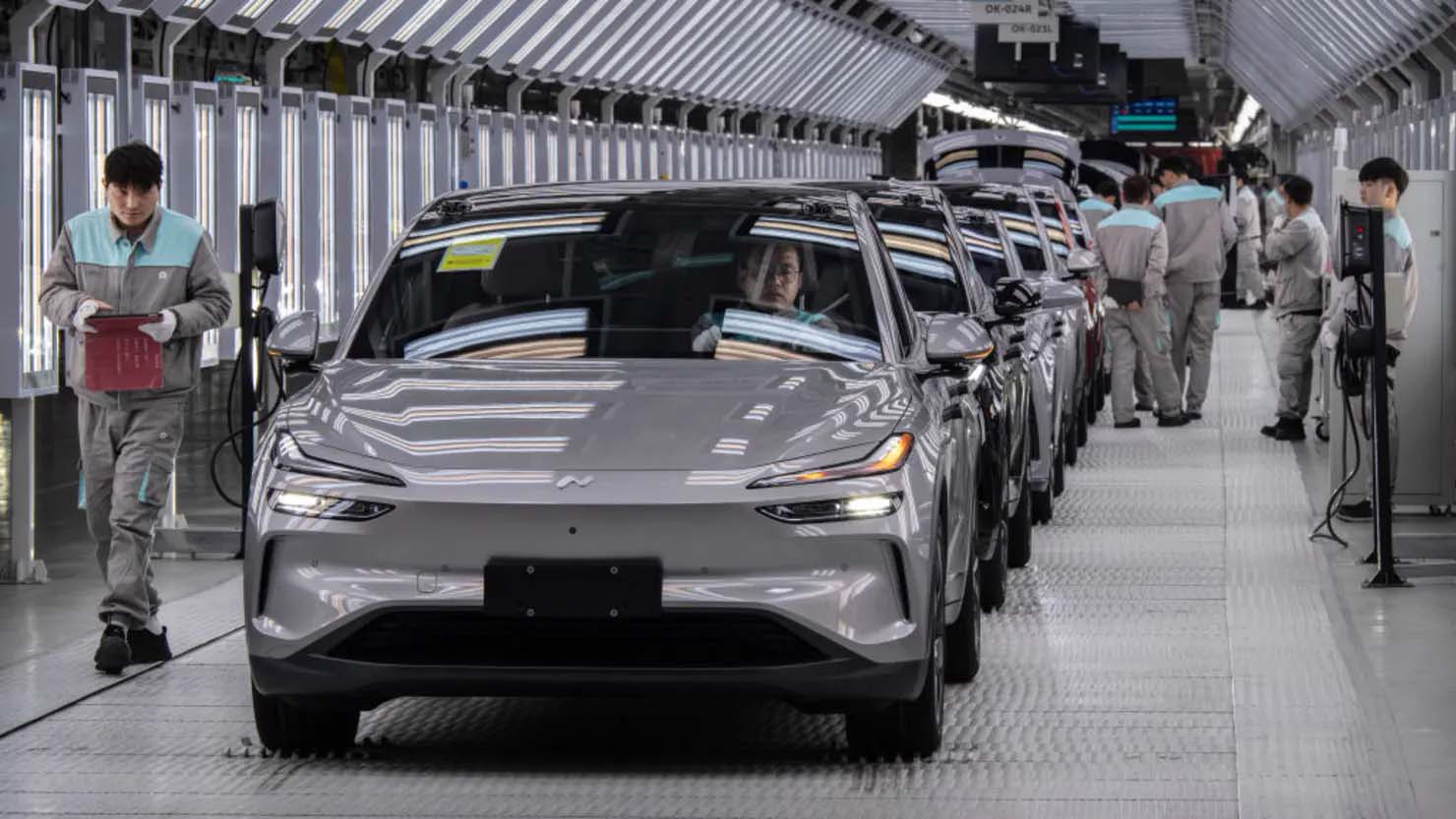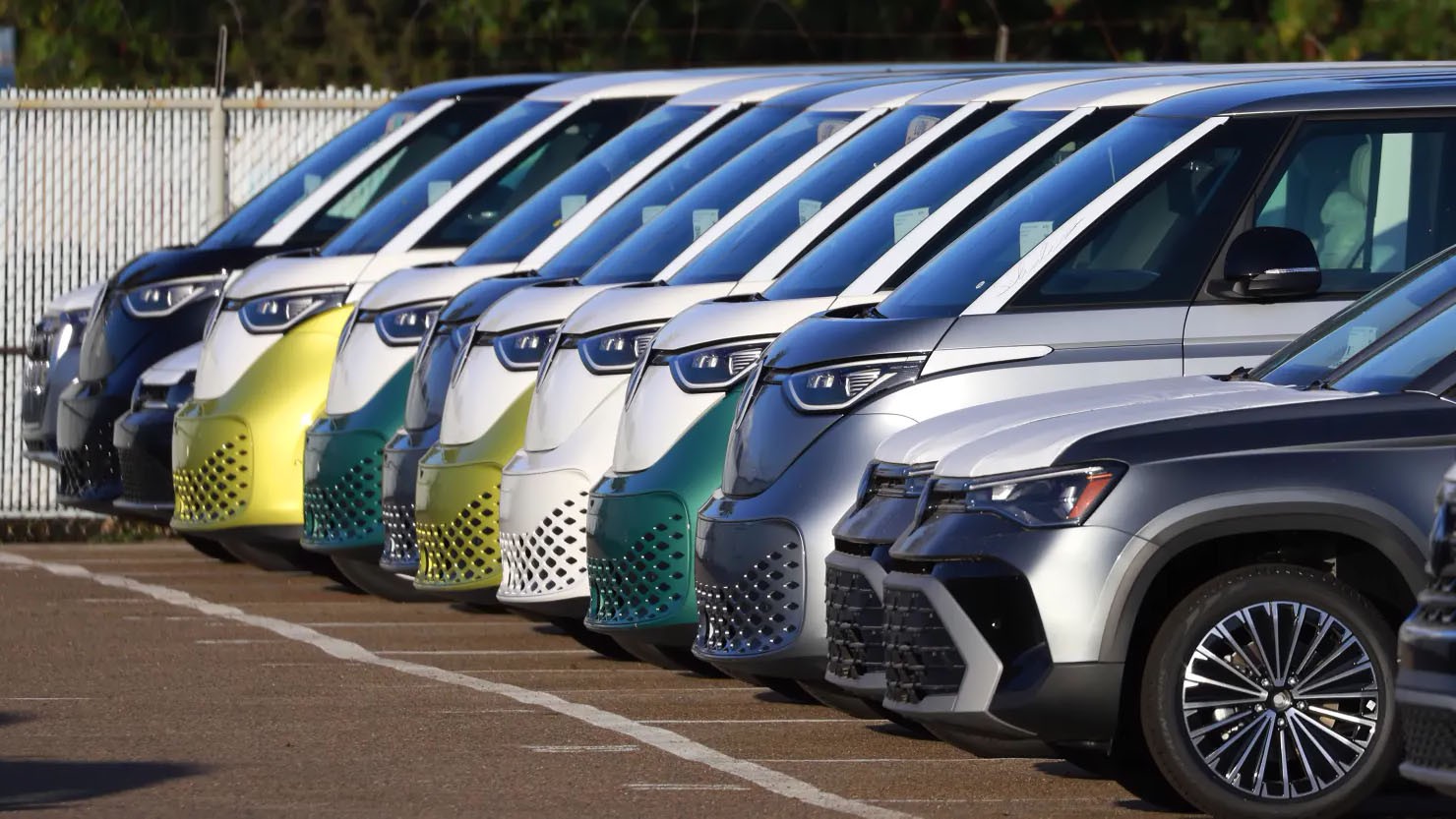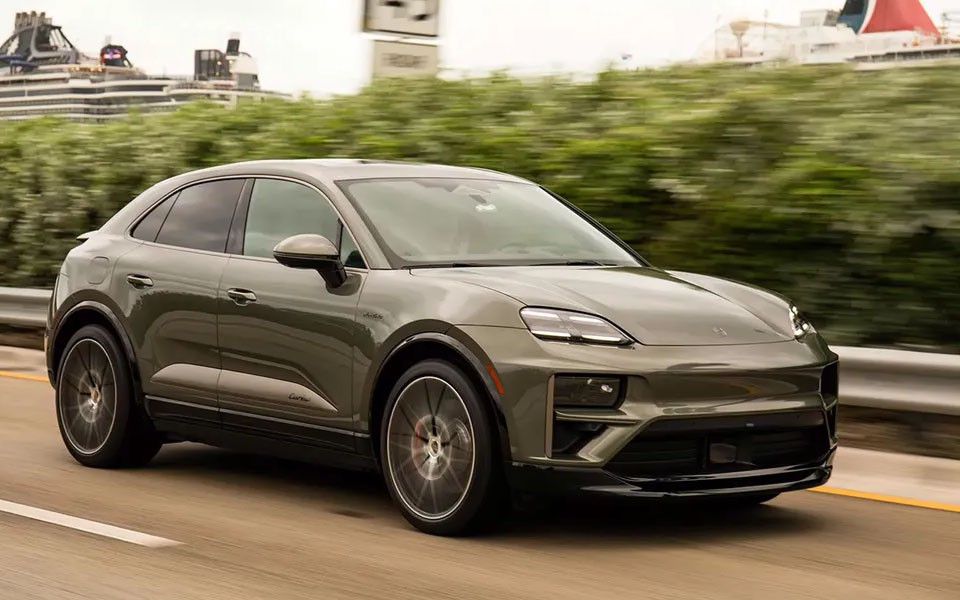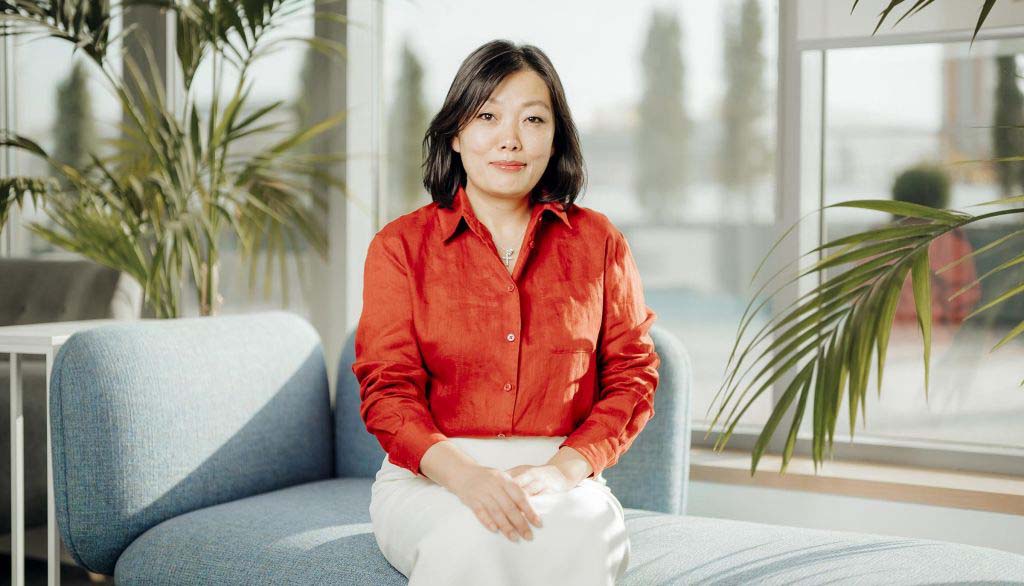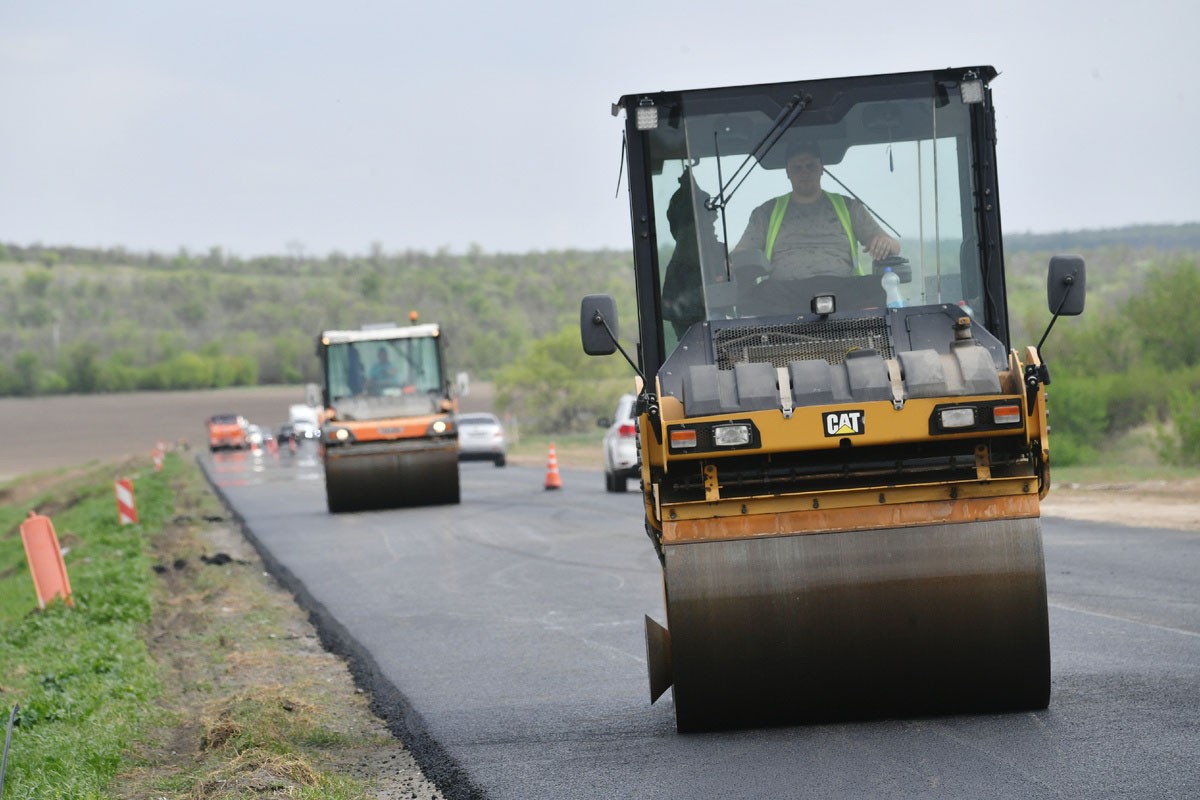Tesla has completed the first-ever fully autonomous delivery of a Model Y electric car from the factory to the end customer — without a driver in the cabin and without remote control. The route passed through city traffic and highways, covering the full range of road conditions in a real-world environment. Delivery was made one day earlier than planned.
According to the company, the vehicle was not driven by a person at any stage during the movement process. The car used only the built-in autopilot system of a new generation, working on the basis of its own Full Self-Driving architecture (FSD), equipped with neural network algorithms and an on-board supercomputer.
Engineers note that the route was pre-planned, but not monitored in real time. The car independently coped with marking, traffic lights, lane changes, navigation at interchanges and interaction with other road users. The correct execution of all maneuvers was confirmed by telemetry data.
The event is seen as a technological breakthrough in the field of autonomous transport and one of the key confirmations of the maturity of Tesla's solutions in the direction of unmanned logistics. Integrating fully autonomous deliveries into a company's operational processes can significantly change the logistics model, reducing the need for human resources and speeding up the factory-customer cycle.
Against the background of this event, Tesla shares received additional support, and analysts are revising their forecasts regarding the timing of the commercialization of FSD technology. Demonstrating successful and fully autonomous delivery strengthens the company's position in the competitive race for leadership in driverless mobility.

